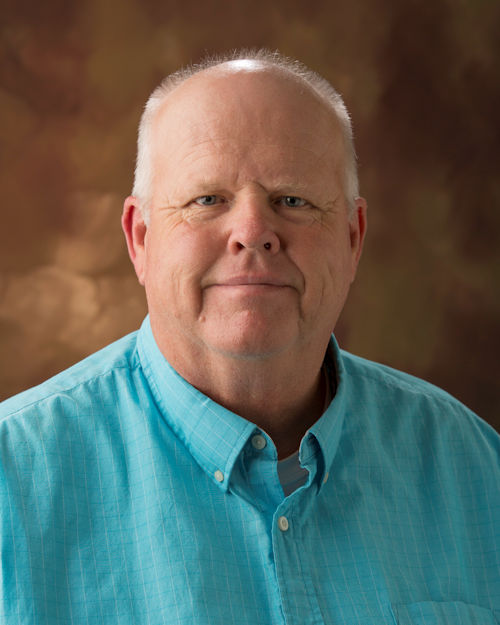Joe Wade was surprised — and a little skeptical — when his doctor said he wanted to perform robotic surgery on Wade.
“I’m 60 years old and I’m kinda old-school, so the idea of a robot operating on me was really strange,” said Wade. “But once Dr. Powell explained all the advantages to me, I was ready to try it.”
 Robotic-assisted surgery
Robotic-assisted surgery allows for much smaller incisions and results in less pain, less blood loss, and a shorter hospital stay, according to Christopher Powell, MD, a urologist at West Georgia Urology who offers robotic-assisted surgical procedures at Tanner Health System.
“Our average inpatient stay after a minimally-invasive kidney surgery is about a day and a half, compared to four or five days for a traditional surgery,” Dr. Powell said. “We get patients up and moving that same day and they are able to get back to their normal lives much more quickly.”
Dr. Powell explained to Wade that the surgeon is still in control of the surgery, but the robot helps surgeons to make more precise movements using tiny instruments inside the patient’s body.
As a urologist, Dr. Powell uses robotic surgery for a variety of procedures, ranging from kidney surgery and prostate surgery to pelvic reconstruction in female patients.
Wade came to Dr. Powell after a series of health scares in October 2016. It started with gallstones that led to an infected pancreas. The infection then caused his heart to go into atrial fibrillation. When doctors were doing a scan to assess his heart, they happened to notice a suspicious spot on his right kidney.
“They were pretty sure it was cancer and it needed to come out,” Wade said.
Dr. Christopher PowellDr. Powell said most kidney cancers are discovered by accident like this because kidney cancer often causes no symptoms and, other than diagnostic imaging, there’s no test to check for it.
“The gallbladder trouble turned out to really be a blessing because they discovered I had kidney cancer and I had no symptoms, so I probably wouldn’t have known until it was too late,” Wade said.
Dr. Powell performed surgery to remove the clear-cell cancer from Wade’s kidney in February 2017. The rest of his kidney remained intact and he didn’t need any additional cancer treatments.
“Instead of having a seven- or eight-inch incision, I had five tiny little incisions, so my recovery was much better,” Wade said.
Wade was up sitting in a chair just hours after his surgery, and the next day he made 14 trips up and down the hallway and even climbed a few stairs.
“The more I moved, the better I felt,” said Wade.
Wade said he was really sore at first, but he only needed pain medicine for the first few days.
“After a week, I just felt great and I could barely tell I had even had surgery,” said Wade, who lives east of Buchanan and works as a project superintendent for a general contractor in Carrollton. He was back to work in just two weeks after the surgery.
Wade said he is very grateful that doctors found and successfully removed the cancer and that he was able to get back to his normal life so quickly.
“If you gotta’ have surgery, this is definitely the way to go,” Wade said.